binding
winding
decaying
cunning
第1题:
49Since our chief business with them is to enable them to share in a common life we cannot help considering whether or no we are forming the powers which will secure this ability.
第2题:
________we can succeed or not depends on how well we cooperate
A.Then
B.Thus
C.What
D.Whether
第3题:
●The OSI (68) model,sometimes also called ISO or 7 layers reference model for communication.has been developed by the International Standards Organization in early 1980's.
(68) A.referent
B.reference
C.referance
D.refering
第4题:
(b) International Standards on Auditing (ISAs); and (5 marks)
第5题:
(b) Prepare a consolidated statement of financial position of the Ribby Group at 31 May 2008 in accordance
with International Financial Reporting Standards. (35 marks)
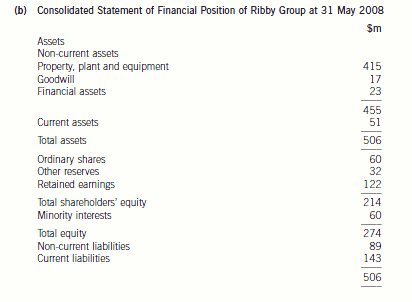


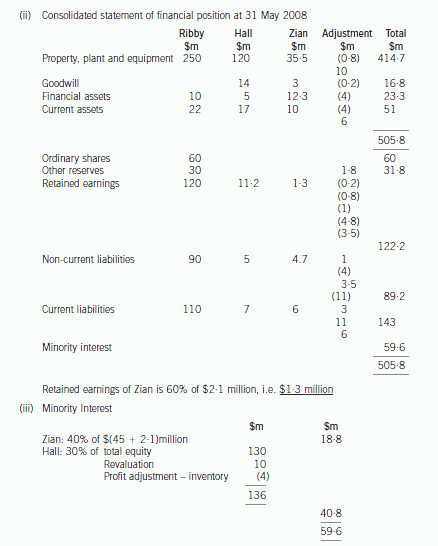
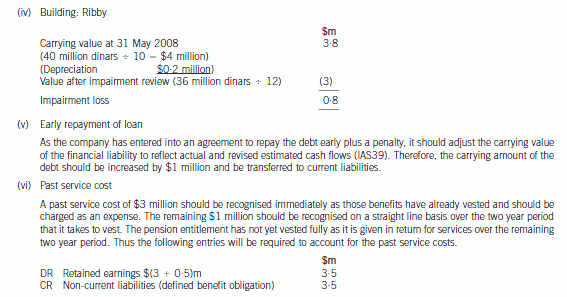
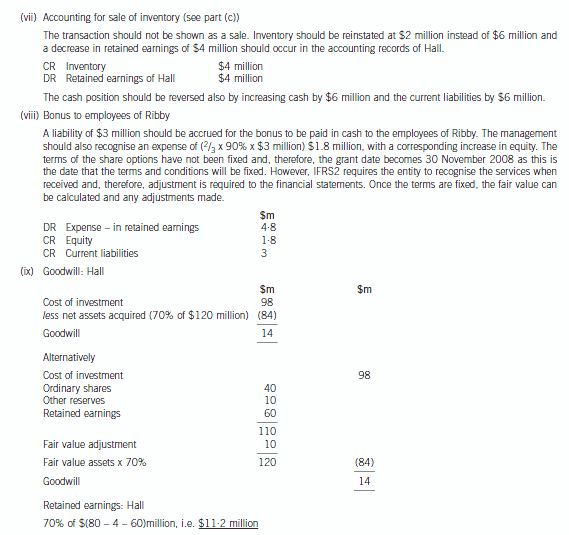

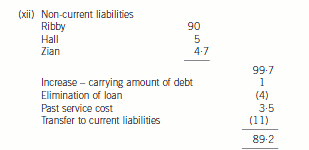
第6题:
From the passage, we know Frank Uloyd Wright______.
A.is the teacher of Utzon
B.had good effect on the Utzon's architect career
C.was opposite to the rectilinear "international style" of its time
D.forced Utzon to leave Australia
第7题:
5 International Financial Reporting Standards (IFRSs) are primarily designed for use by publicly listed companies and
in many countries the majority of companies using IFRSs are listed companies. In other countries IFRSs are used as
national Generally Accepted Accounting Practices (GAAP) for all companies including unlisted entities. It has been
argued that the same IFRSs should be used by all entities or alternatively a different body of standards should apply
to small and medium entities (SMEs).
Required:
(a) Discuss whether there is a need to develop a set of IFRSs specifically for SMEs. (7 marks)
第8题:
(A) regarded
(B) regard
(C) regarding
(D) to regard
第9题:
6 The explosive growth of investing and raising capital in the global markets has put new emphasis on the development
of international accounting, auditing and ethical standards. The International Federation of Accountants (IFAC) has
been at the forefront of the development of the worldwide accountancy profession through its activities in ethics,
auditing and education.
Required:
Explain the developments in each of the following areas and indicate how they affect Chartered Certified
Accountants:
(a) IFAC’s ‘Code of Ethics for Professional Accountants’; (5 marks)
第10题:
A.you
B.people
C.one
D.we